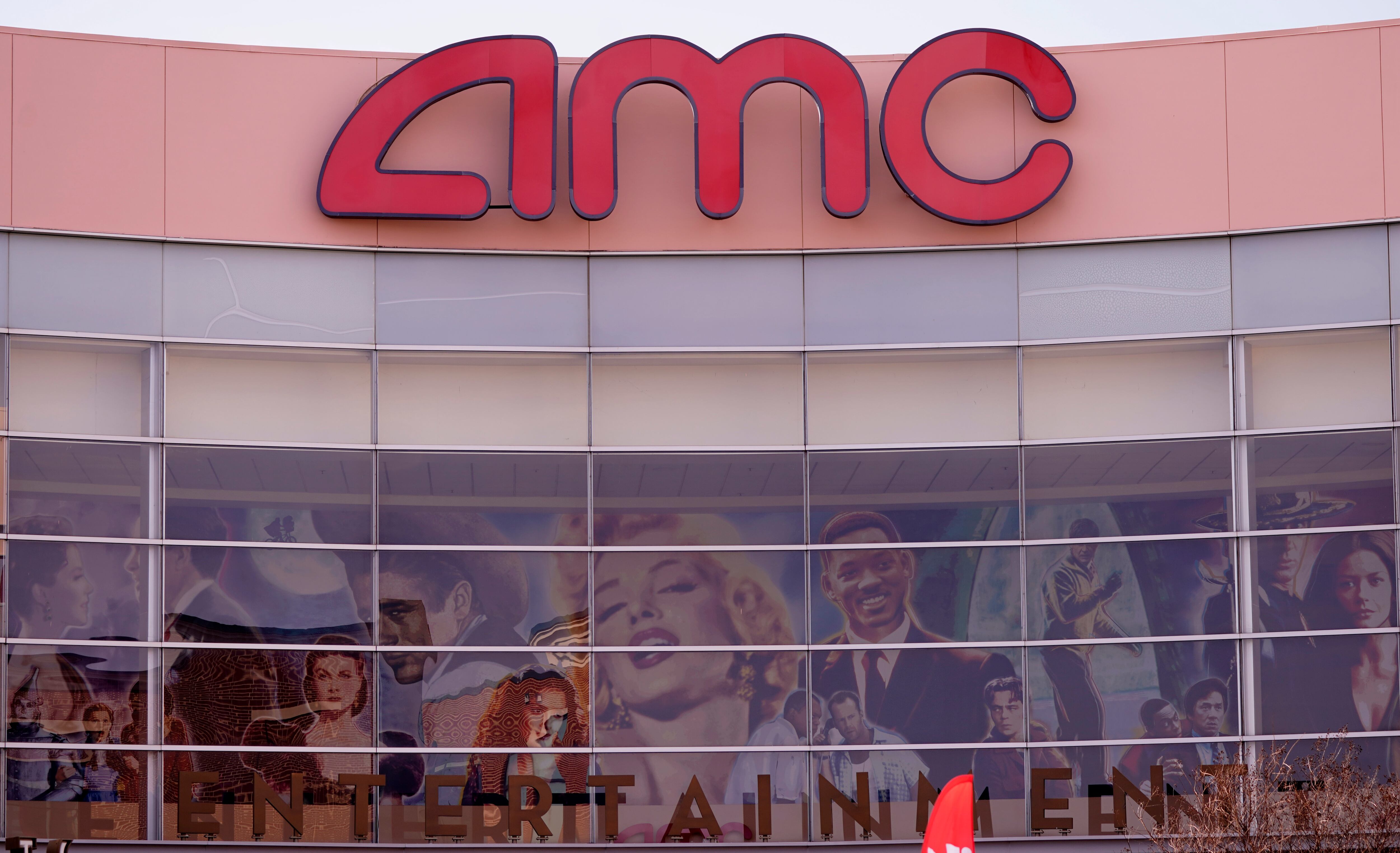By Damian J. Troise and Alex Veiga
Wall Street kicked April off with a milestone Thursday, as a tech company rally helped drive the S&P 500 past the 4,000 mark for the first time.
The benchmark index finished 1.2% higher a day after closing out the first three months of the year with its fourth straight quarterly gain. Microsoft, Apple, Facebook and Google's parent company were among the winners, along with smaller companies, which stand to benefit from a quickly growing economy. Health care, household goods stocks and utilities were the only laggards.
Technology stocks benefited from another drop in bond yields, which have been the driving force for the market for several weeks. The yield on the 10-year U.S. Treasury note fell to 1.69% from 1.73% the day before. Higher bond yields make stocks seem more expensive by comparison, and tech stocks are among the most expensive after their significant rise last year. Microsoft rose 2.8%, Facebook gained 1.4%, Amazon.com added 2.2% and Google parent Alphabet closed 3.3% higher.
“What a great way to start the second quarter,” said J.J. Kinahan, chief strategist with TD Ameritrade. “There's money out there looking to be put to work, and with the quarter ending it looks like people are finding new ways in a new quarter to find opportunities.”
The S&P 500 rose 46.98 to 4,019.87. The index's latest all-time high is its second in seven days. The Dow Jones Industrial Average gained 171.66 points, or 0.5%, to 33,153.21. The technology-heavy Nasdaq climbed 233.23 points, or 1.8%, to 13,480.11.
Smaller companies continued to notch solid gains. The Russell 2000 index picked up 33.38 points, or 1.5%, to 2,253.90.
The rally capped a holiday-shortened week for the stock market. U.S. stock exchanges will be closed in observance of Good Friday, though bond trading will be open for half a day, closing at noon Eastern.
Companies that would benefit from greater sales of electric vehicles also rose Thursday, a day after President Joe Biden outlined various measures to support their use as part of his massive infrastructure plan. Part of that plan includes installation of thousands of additional charging stations around the country. Electric vehicle charger operator ChargePoint gained 11.8%.
Investors continue to monitor news about how well the U.S. economy is recovering from the coronavirus pandemic, now that millions of vaccines are being administered daily to Americans as well as around the world.
Consumer sentiment has been improving along with construction spending and other measures. The improving economy is prompting investors to shift more money into companies and sectors that will benefit from people getting back to some semblance of a pre-pandemic normal.
The market has been churning while dealing with that shift as beaten-down sectors like airlines and industrial companies start to recover.
“In a way, the churn has reflected health, because more sectors are participating in the moves,” said Ross Mayfield, investment strategy analyst at Baird.
While investors are optimistic that things will recover soon, there's still a lot of economic pain to go around.
Airlines have been making gains this year as more people bet on a budding recovery for travel, but the industry still faces turbulence ahead. Discount carrier Frontier Airlines underwhelmed on its first day of public trading. The Denver-based airline opened at $18.61, below the low end of a $19 to $21 price target, and closed at $18.85.
The Labor Department said the number of Americans who filed for unemployment benefits last week rose to 719,000 last week from 658,000 the previous week. That figure was expected to decline. The government will release its monthly jobs report on Friday.
“The employment market is going to be the thing to watch,” Mayfield said. “We’re kind of in a transition period and at some point we're going to need to see improvement there.”
Updated on April 1, 2021, at 5:03 p.m. ET.













